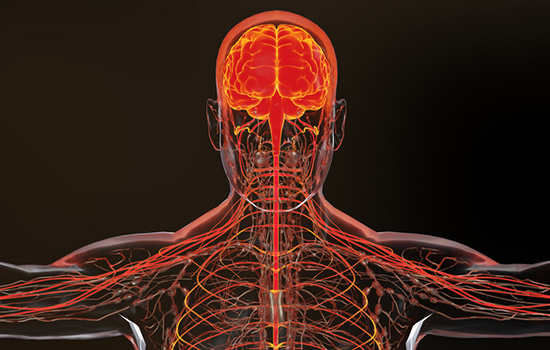Alzheimer's Knowledge and Learning Center
Alzheimer’s Disease: Current and Emerging Diagnostic Approaches - WATCH NOW
Hosted by Anna D. Burke, MD. In this presentation, attendees will learn about current diagnostic algorithms for detection of Alzheimer's disease. We will discuss the role of emerging biomarker assessments and digital cognitive assessments in improving early and accurate diagnosis of Alzheimer's disease.
NOW AVAILABLE!
Read moreBiomarkers in Alzheimer’s disease progression: a longitudinal cohort study of NPTX2, GRIA1, and GRIA4
Early diagnosis and intervention are vital for slowing Alzheimer's disease progression and improving patient quality of life. Mild cognitive impairment, an early stage of Alzheimer's disease, offers a key opportunity for research and intervention. However, current diagnostic methods are typically applied after significant symptoms appear, limiting the effectiveness of early intervention.
July 2024
Read moreTargeting tau in Alzheimer’s disease: from mechanisms to clinical therapy
Alzheimer's disease is the most prevalent neurodegenerative disease affecting older adults. Primary features of Alzheimer's disease include extracellular aggregation of amyloid-β plaques and the accumulation of neurofibrillary tangles, formed by tau protein, in the cells.
July 2024
Read moreRelated Articles
Emerging structures and dynamic mechanisms of γ-secretase for Alzheimer’s disease
γ-Secretase, called “the proteasome of the membrane”, is a membrane-embedded protease complex that cleaves 150+ peptide substrates with central roles in biology and medicine, including amyloid precursor protein and the Notch family of cell-surface receptors. Mutations in γ-secretase and amyloid precursor protein lead to early-onset familial Alzheimer's disease.
March 2024
Read moreAdvanced technologies applied to physical exercise for dementia and Alzheimer’s disease management: a narrative review
The prevalence of Alzheimer's disease and other forms of dementia is increasing along with overall life expectancy, which poses a serious challenge to healthcare systems in general. Non-pharmacological therapies, such as physical activity, have gained popularity due to their potential to improve cognitive and motor function, particularly as the prevalence of dementia is predicted to increase with overall life expectancy.
March 2024
Read moreMRI in the new era of antiamyloid mAbs for the treatment of Alzheimer’s disease
Alzheimer's disease (AD) is a neurodegenerative disorder that affects the central nervous system and is characterized by a gradual decline in memory, logical reasoning, and language function (Ballard et al., 2011). The increasing prevalence of AD in the aging population has resulted in this condition becoming recognized as a considerable medical and social challenge for humanity.
August 2023
Read moreIs caffeine a potential therapeutic intervention for Alzheimer’s disease?
Caffeine is the most commonly used stimulant drug in the world. Increasing evidence has indicated that caffeine may have a neuroprotective effect in delaying the onset or treatment of several neurodegenerative disorders, especially Alzheimer's disease (AD).
April/June 2023
Read moreUpdate on modifiable risk factors for Alzheimer’s disease and related dementias
All human beings undergo a lifelong cumulative exposure to potentially preventable adverse factors such as toxins, infections, traumatisms, and cardiovascular risk factors, collectively termed exposome. The interplay between the individual's genetics and exposome is thought to have a large impact in health outcomes such as cancer and cardiovascular disease.
April 2024
Read moreWeathering the Storm of Caregiving for Persons with Alzheimer’s Disease
Alzheimer's disease (AD) is a progressive incurable disease affecting an individual's cognitive, behavioral, and physical systems. As individuals become more impaired, assistance is required and care may be provided by spouses, family members, or other close companions who serve as informal caregivers.
September/October 2023
Read more








